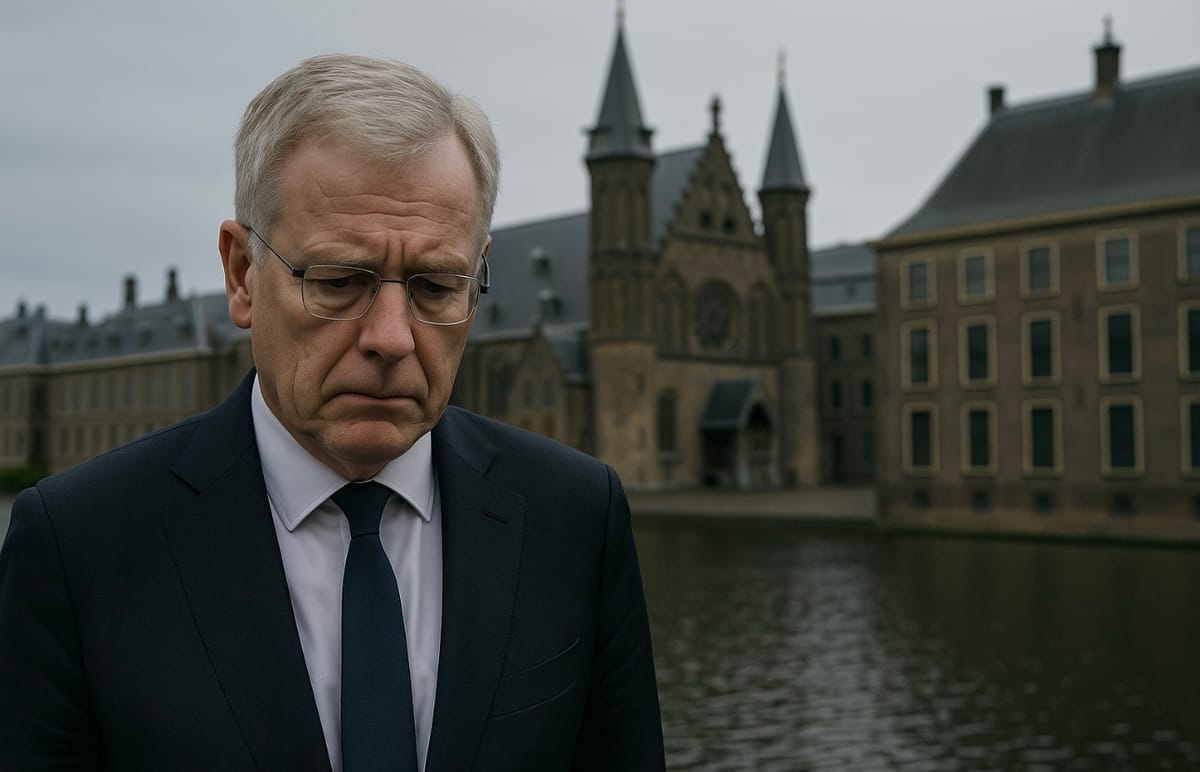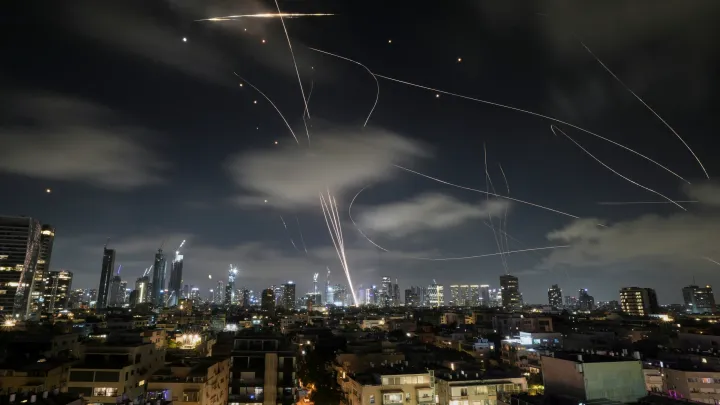Dutch Political Crisis: PM Dick Schoof Resigns After Coalition Collapses
The Dutch political crisis peaked as PM Dick Schoof resigned, sparking new elections and national immigration policy uncertainty.

Dutch Political Crisis 2025: PM Dick Schoof Resigns, Coalition Government Collapses
The Netherlands is once again shaken by a major political crisis after Prime Minister Dick Schoof officially resigned on June 3, 2025. This move came after the Party for Freedom (PVV), led by Geert Wilders, dramatically withdrew from the ruling coalition. The event immediately triggered the potential for new elections and created political instability that has drawn attention both domestically and internationally.
Background of Dick Schoof’s Government
Dick Schoof’s government was formed following a surprising election in November 2023. The new coalition consisted of four parties: the PVV, the People’s Party for Freedom and Democracy (VVD), the New Social Contract (NSC), and the Farmer–Citizen Movement (BBB). Dick Schoof, a technocrat with a background in intelligence and national security, was entrusted to serve as prime minister, hoping to bridge ideological divides among these parties.
However, from the start, the coalition operated on shaky ground. Their main focus was an extremely strict immigration policy, even tougher than previous governments. Several controversial policies were drafted, ranging from restricting family reunification to tightening asylum procedures. Many of these measures were considered contrary to European Union values.
Reasons for the Coalition’s Collapse
Tensions reached a boiling point when Geert Wilders proposed an extreme immigration package, including the closure of asylum centers, deportation of Syrian refugees, deploying the military to secure borders, and suspending the EU asylum quota. The other three coalition partners—VVD, NSC, and BBB—strongly rejected these proposals. They argued that the measures not only violated international law but also contradicted the democratic values of the Netherlands.
Citing his responsibility to his voters, Wilders decided to withdraw the PVV from the coalition. The announcement was made publicly via social media, intensifying the political crisis. In response, Dick Schoof immediately submitted his resignation to King Willem-Alexander, stating that Wilders’ decision was highly irresponsible.
Immediate Impact on the Netherlands
The fall of Dick Schoof’s government marks the beginning of a caretaker cabinet until new elections, expected to take place in the autumn of 2025. This situation brings significant challenges as the Netherlands prepares to host the NATO Summit in The Hague at the end of June, further increasing political and diplomatic uncertainty.
Reactions from the public and political leaders have been fierce. Dilan Yeşilgöz of VVD called Wilders’ actions “extremely irresponsible.” Caroline van der Plas (BBB) argued that Wilders did not put national interests first, while Nicolien van Vroonhoven (NSC) described the move as incomprehensible. Wilders maintained that he was simply fulfilling the PVV’s mandate to tighten immigration policy.
Political Landscape Ahead of New Elections
This crisis has immediately shifted the Dutch political landscape. Recent polls show the PVV still leading with 31% support, followed by the center-left bloc led by Frans Timmermans with 30%, and VVD with 25%. Amid rising uncertainty, the upcoming election is expected to be fiercely contested and could fundamentally change national policy direction, especially on migration and the Netherlands’ role in the EU and NATO.
Potential International Impact
The Dutch political crisis is not just a local matter. The Netherlands is a key member of both the EU and NATO. Domestic instability could affect major regional agendas, especially with the upcoming NATO Summit that will set the direction for European security strategy.
The caretaker government now faces the challenge of maintaining national stability and fulfilling international commitments. Meanwhile, the world is watching closely to see how the upcoming elections will reshape Dutch politics amid the rise of populism and heated debates on immigration.





Comments ()